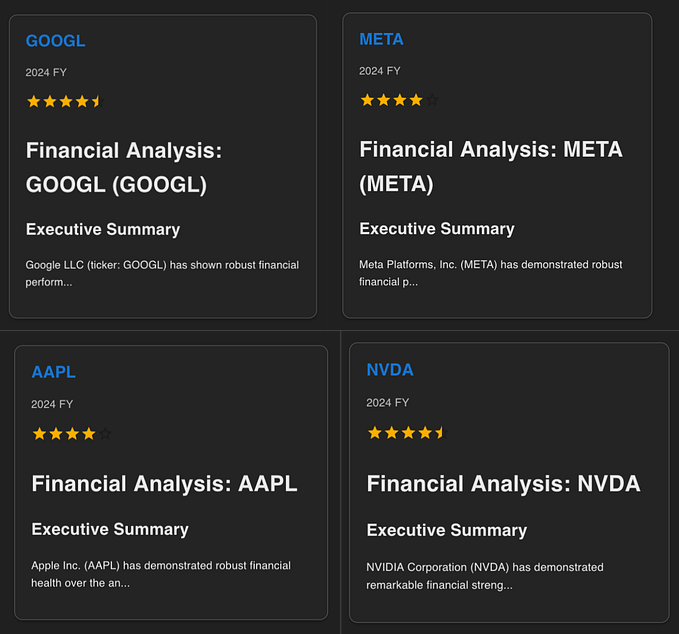U.S.-China Investment Ban: Biden Unveils Ban on Certain Chinese Tech Investments

Key takeaways
- President Biden signed an executive order banning U.S. investment into certain Chinese tech companies
- The Biden administration wants to stop American money pouring into AI, quantum computing and semiconductor ventures that could harm national security
- In June, Sequoia Capital announced it was splitting itself into three companies
President Biden signed an executive order to limit U.S. investment into Chinese tech companies developing sensitive materials like computer chips. The move has been on the cards for a while, and China has made its own antagonistic steps, so the markets largely shrugged off the news. Here’s the lowdown.
China’s tech investing scene might be frosty, but the U.S. tech investing scene continues to hot up. Navigate the thrilling maze of tech advancements with Q.ai’s Emerging Tech Kit. Guided by a sharp-eyed AI, it paves your path by dissecting data, forecasting tech stars, and reshaping your portfolio to help keep you ahead in the tech race.
Download Q.ai today for access to AI-powered investment strategies.
What is the latest in U.S.-China relations?
The Biden administration’s new executive order will focus on restricting U.S. investment from venture capital and private equity in Chinese companies developing three key technologies deemed sensitive: AI, semiconductor chips and quantum computing. The restrictions are set to be enforced from next year.
The official reason for the investment ban is national security. President Biden said in the executive order that American money could lead to “the development of sensitive technologies and products in countries that develop them to counter United States and allied capabilities”.
The order will also require outbound U.S. investors to notify the Treasury Department of their activity. Treasury Secretary Janet Yellen is in charge of delivering the order, she now needs to “define sensitive technologies and products in these categories for purposes of the prohibition and the notification requirement”.
What was the market reaction?
Naturally, China wasn’t pleased. Beijing opposed the order and said the move attempted to “politicize and weaponize trade” between the world’s two biggest economies. At the same time, a spokesperson for the Chinese Embassy in Washington called on Biden to stop trying to “halt China’s economic development or contain China”.
But in all fairness, China moved earlier by banning Chinese companies from buying anything from Micron Technology, an American chip maker. It’s also put export limits on gallium and germanium, both crucial minerals needed to make semiconductor chips.
Many VCs already saw the writing on the wall long before the executive order was signed. Sequoia Capital, which made its fortune backing Google, said in June it would divide itself into three companies, each focusing on the U.S., Europe and Asia respectively. Expect others to follow suit.
The bottom line
There’s no sign of the U.S. and China de-escalating their tensions any time soon, so the investment ban wasn’t much of a surprise to the markets. It does invite questions about potential loopholes and greater scrutiny of investment to and from the two nations, so we’ll see how effective the ban is.
Investing in tech without the hassle is the aim of the game. Achieve it with Q.ai’s Emerging Tech Kit. It’s your ticket to a curated tech carnival, showcasing a range of tech stocks and ETFs. Our AI plays ringmaster, analyzing the spectacle, spotlighting the main attractions, and adjusting your holdings to help ensure your portfolio stays in the limelight.
Download Q.ai today for access to AI-powered investment strategies.








